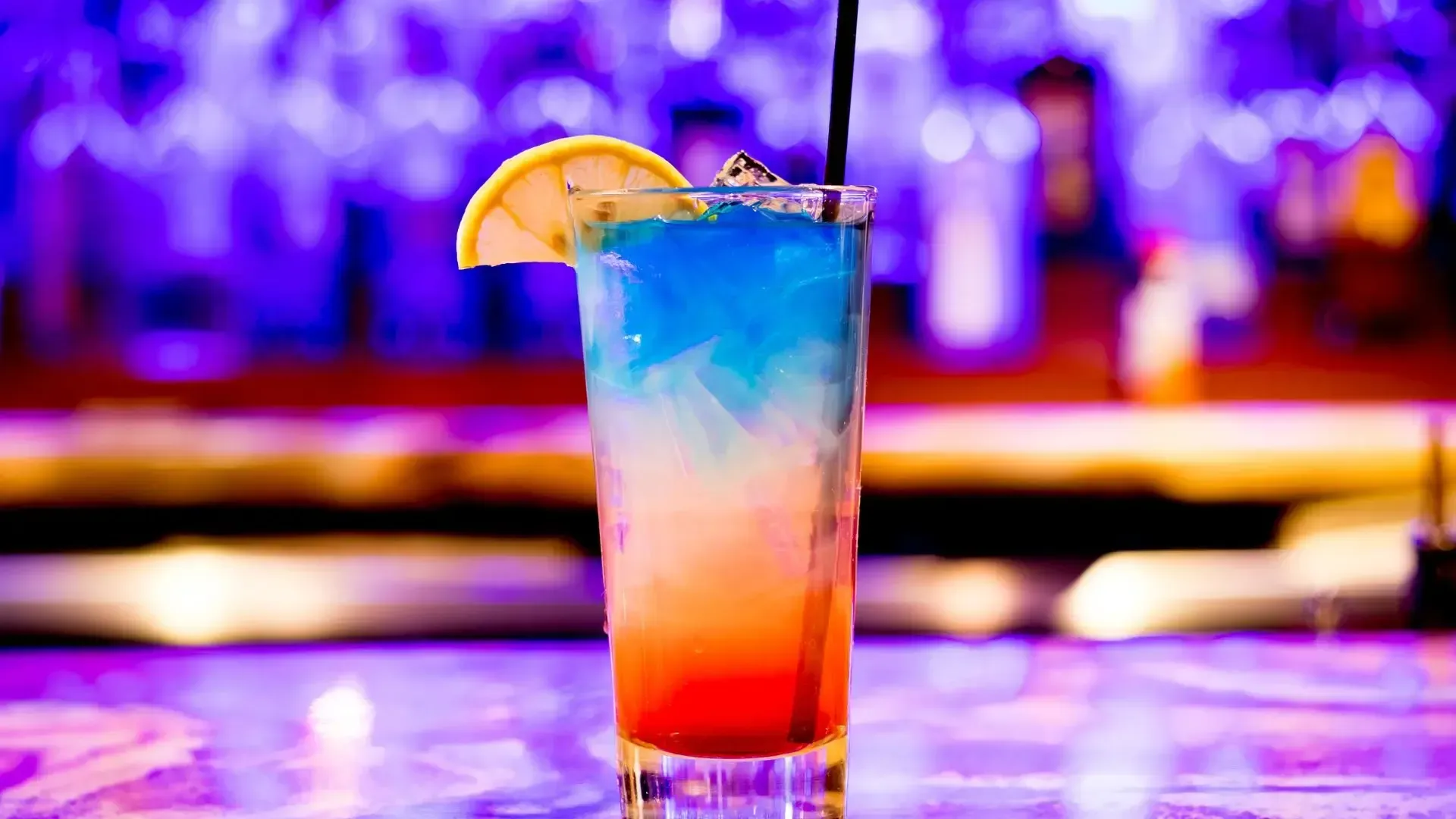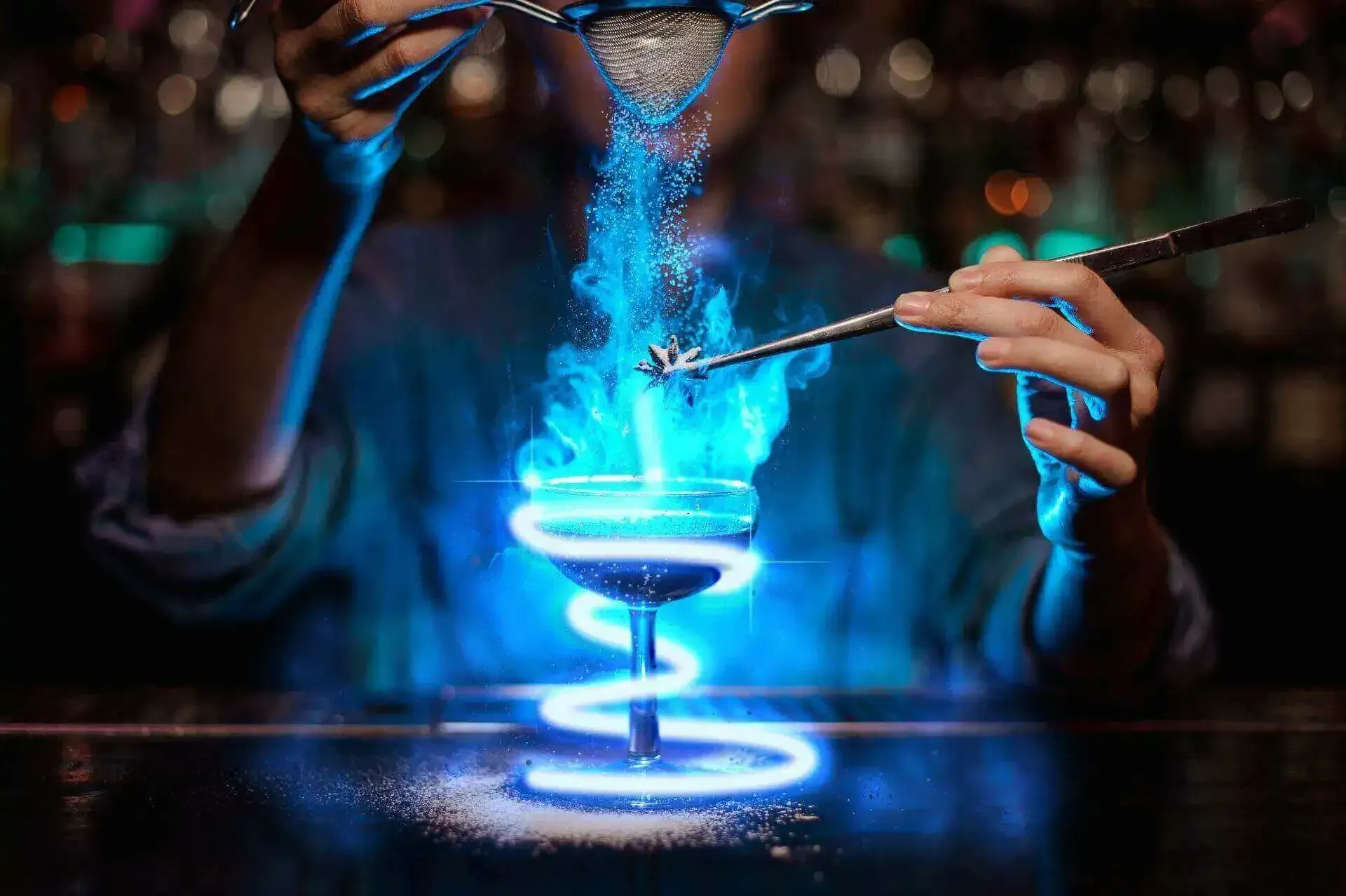Ethanol Myths & Misconceptions: Separating Fact from Fiction
Ethanol is a widely used alcohol that plays a critical role in beverage production, industrial applications, pharmaceuticals, and personal care products. Despite its widespread use, there are many myths and misconceptions about ethanol in NZ, particularly regarding its safety, uses, and different types.
From the confusion between beverage-grade ethanol and denatured ethanol to concerns about its effectiveness and applications, misinformation often leads to businesses making poor purchasing decisions or avoiding ethanol altogether.
In this guide, we’ll debunk the most common ethanol myths, clarify fact from fiction, and provide expert insights on ethanol’s role in various industries.
Myth 1: All Ethanol is the Same
Fact: Ethanol Comes in Different Grades and Purities
Many people assume that all ethanol is identical, but in reality, ethanol comes in various grades and purities, each suited for specific applications. The two most common types are:
- Beverage-Grade Ethanol (Potable Ethanol) – This is a high-purity, food-grade ethanol used in alcoholic beverages, food extracts, and pharmaceuticals. It undergoes strict distillation and purification processes to ensure it is safe for human consumption.
- Denatured Ethanol (Denatured Alcohol) – This ethanol is chemically altered with additives like methanol or isopropanol to make it undrinkable. It is used in industrial, cleaning, and fuel applications.
Key takeaway: The type of ethanol you need depends on its intended use—always choose the right grade to ensure compliance, safety, and effectiveness.

Myth 2: Denatured Ethanol Is Unsafe to Use
Fact: Denatured Ethanol Is Safe When Used Correctly
Denatured ethanol (also known as denatured alcohol NZ) is often viewed as hazardous, but this is a misconception. While it is not safe for consumption, it is perfectly safe for industrial use when handled correctly.
Common denaturing agents include:
✔ Methanol – Prevents ingestion but does not affect ethanol’s cleaning power.
✔ Isopropanol – Enhances ethanol’s disinfecting properties.
✔ Bitrex (Denatonium Benzoate) – Makes ethanol extremely bitter, discouraging misuse.
Denatured ethanol is commonly found in:
- Hand sanitisers & surface disinfectants
- Industrial cleaning products
- Paint thinners, adhesives, and coatings
Key takeaway: Denatured ethanol is not toxic unless ingested. When used as intended, it is a safe and effective solution for many industries.
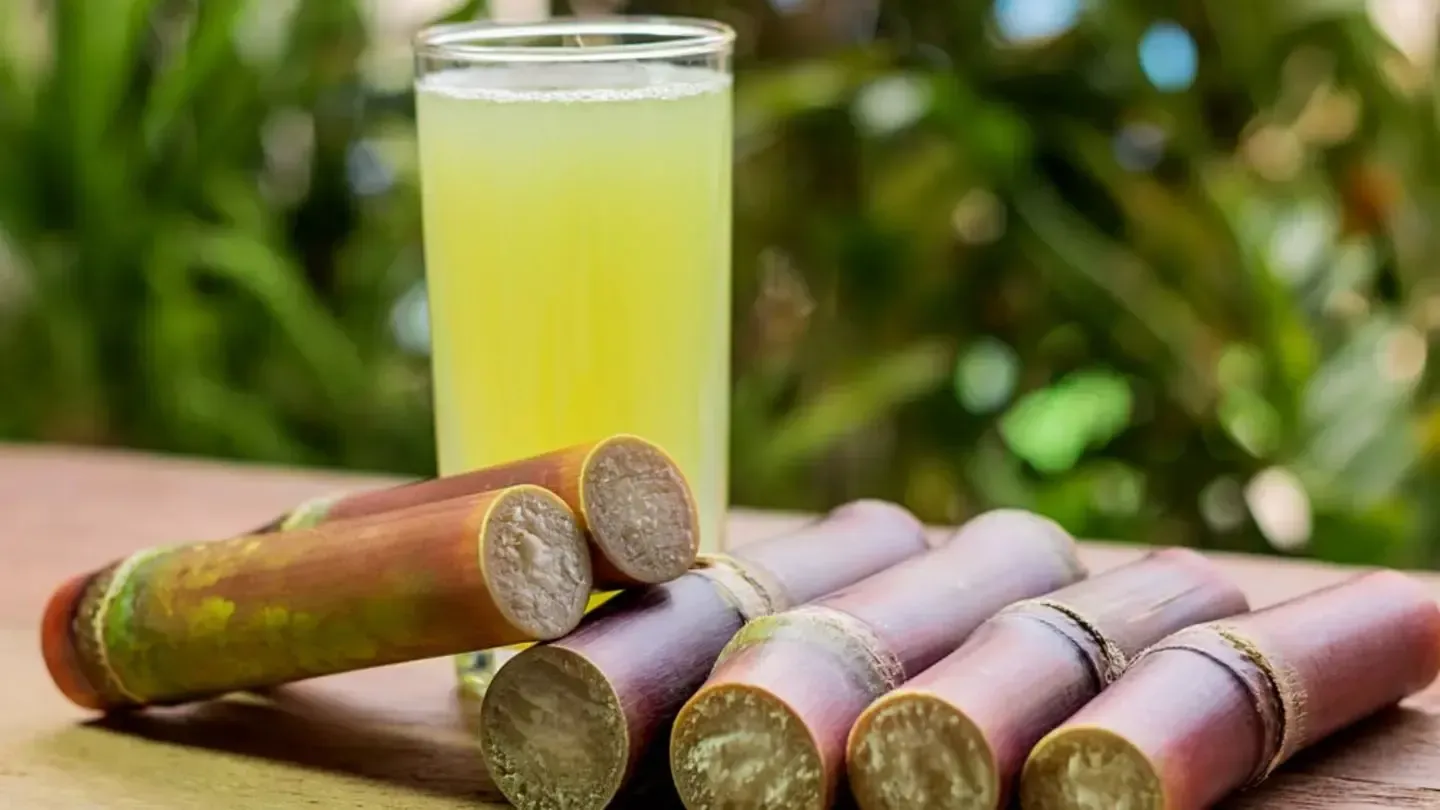
Myth 3: Ethanol Is Harmful to the Environment
Fact: Ethanol Is a Renewable and Biodegradable Product
There is a misconception that ethanol is harmful to the environment, but ethanol is actually a renewable bio-based product. Most ethanol is produced from fermenting sugarcane, corn, or grain, making it a sustainable resource.
Additionally, ethanol is:
✔ Biodegradable – It breaks down quickly in the environment.
✔ Lower in carbon emissions than fossil fuels – Used in biofuels to reduce petrol emissions.
✔ Water-soluble – Unlike petroleum-based chemicals, ethanol dissolves in water, reducing pollution risks.
Key takeaway: While ethanol production requires energy and resources, its renewable nature and biodegradability make it a better alternative to many synthetic chemicals.
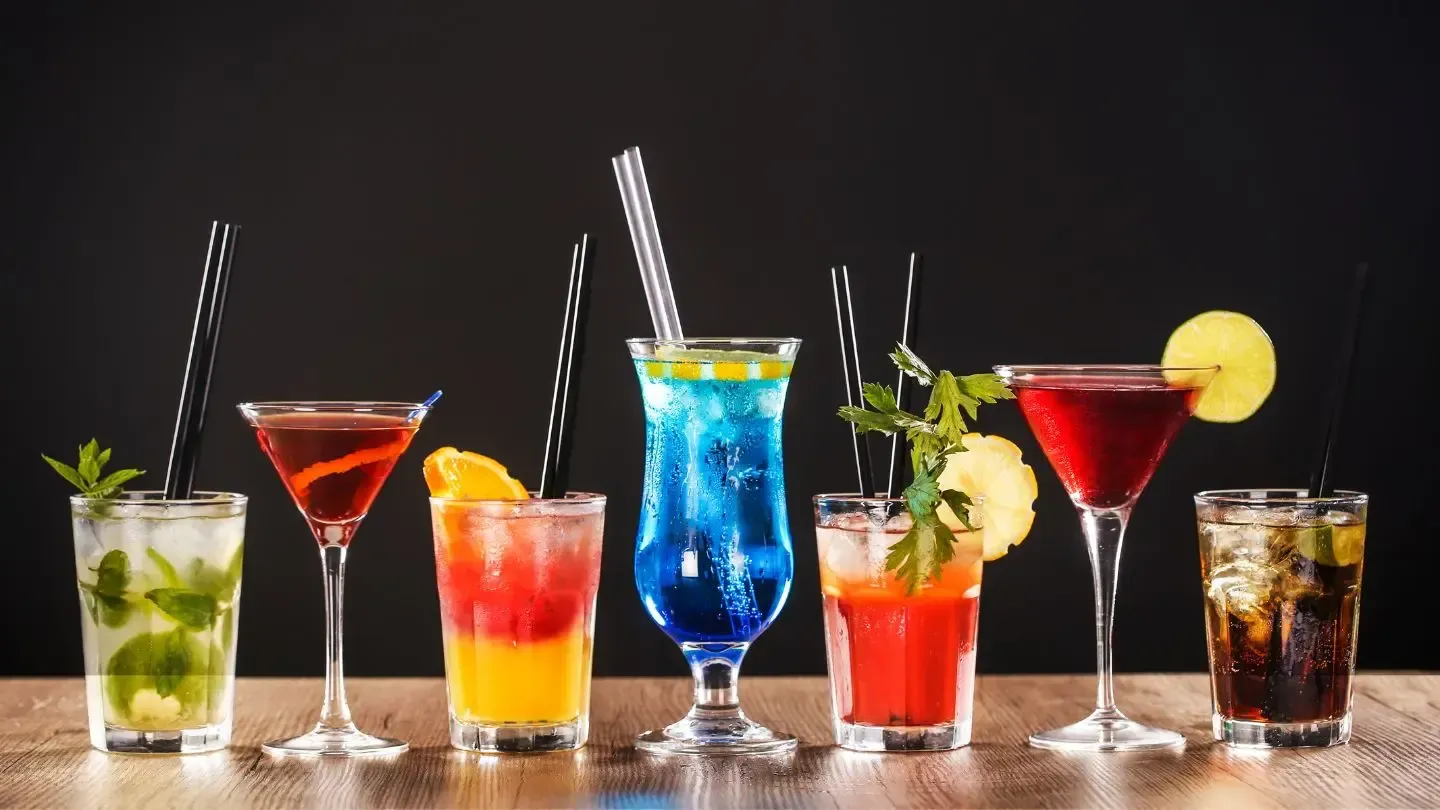
Myth 4: Ethanol Is Only Used in Alcoholic Drinks
Fact: Ethanol Has a Wide Range of Applications Beyond Beverages
Many people associate ethanol solely with alcoholic beverages, but it is widely used across multiple industries, including:
✔ Pharmaceuticals & Medical – Found in antiseptics, tinctures, and disinfectants.
✔ Personal Care & Cosmetics – Used in perfumes, deodorants, and skincare products.
✔ Food & Flavouring Industry – Acts as a solvent in vanilla extract, citrus oils, and bitters.
✔ Fuel Industry – Used in bioethanol fuels and petrol blends.
Key takeaway: Ethanol is a critical ingredient in many industries, not just alcohol production.
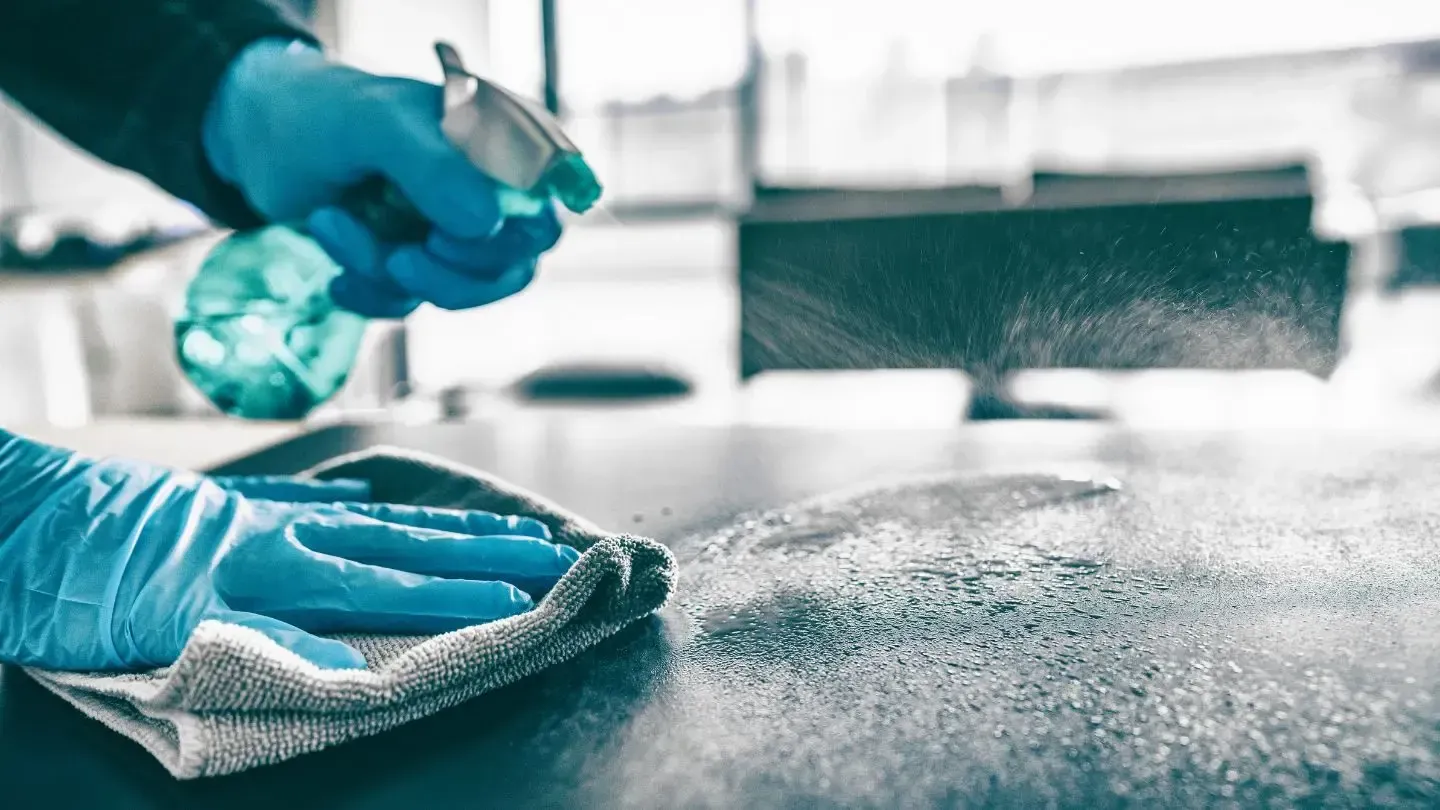
Myth 5: Ethanol-Based Sanitisers Are Less Effective Than Other Disinfectants
Fact: Ethanol Is One of the Most Effective Disinfectants Available
With the rise of sanitisers and disinfectants, some people question whether ethanol-based sanitisers are as effective as other options. The truth is:
✔ Ethanol kills 99.9% of bacteria & viruses – It is recommended by health organisations worldwide.
✔ Fast-drying & non-toxic – Unlike harsh chemicals, ethanol evaporates quickly and does not leave harmful residues.
✔ Used in hospitals & medical settings – It is the gold standard for medical-grade sanitisers.
Denatured ethanol is the primary ingredient in hand sanitisers, medical wipes, and hospital-grade disinfectants.
Key takeaway: Ethanol-based disinfectants are among the safest and most effective options available.
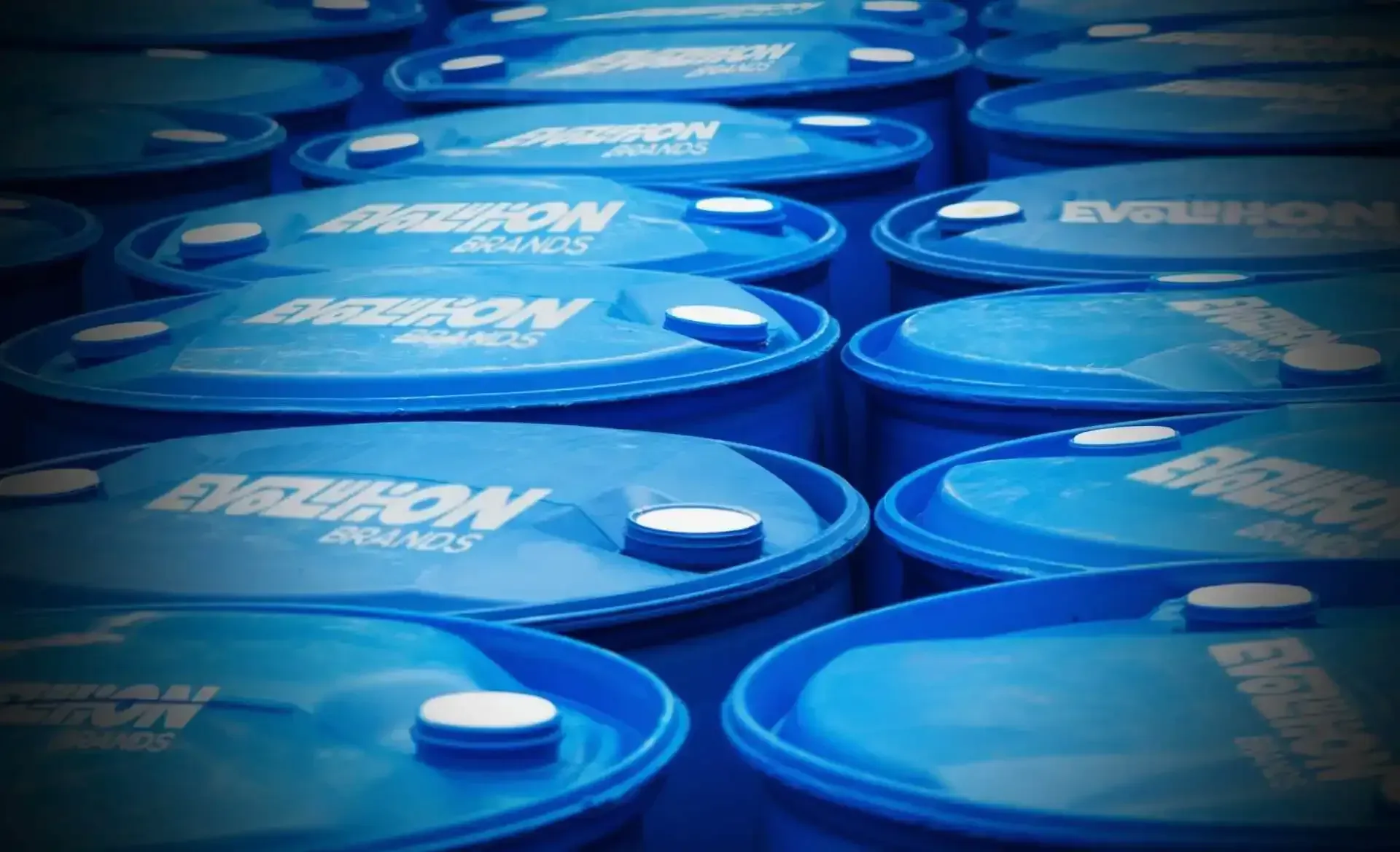
Myth 6: Ethanol Can’t Be Stored for Long Periods
Fact: Ethanol Has a Long Shelf Life If Stored Correctly
Some believe ethanol degrades quickly, but when stored properly, it has an extended shelf life. Proper storage guidelines include:
✔ Store in a cool, dry place – Keep away from direct sunlight and heat.
✔ Use sealed, approved containers – Prevents evaporation and contamination.
✔ Follow Dangerous Goods (DG) storage regulations – Ensures safe handling and compliance.
Beverage-grade ethanol and denatured ethanol can remain stable for years if stored under controlled conditions.
💡 Key takeaway: Proper storage ensures ethanol maintains its quality, effectiveness, and purity over time.
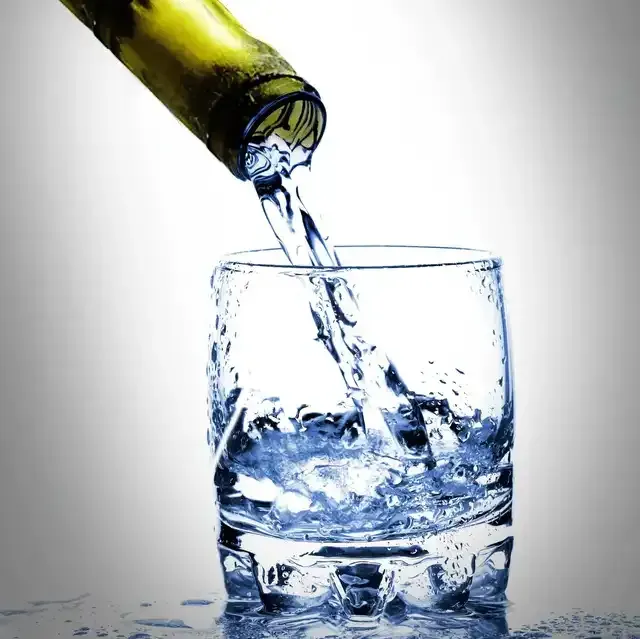
Myth 7: Ethanol Suppliers in NZ Are All the Same
Fact: Not All Ethanol Suppliers Offer the Same Quality & Service
Many businesses assume they can buy ethanol from any supplier, but choosing the right ethanol supplier in NZ is crucial for:
✔ Quality assurance – High-purity ethanol with certification & COA.
✔ Reliable bulk supply – Preventing shortages and production delays.
✔ Compliance with NZ regulations – Ensuring safe and legal ethanol handling.
Businesses should partner with experienced ethanol suppliers who understand industry needs and compliance requirements.
Key takeaway: Always source ethanol from trusted bulk ethanol suppliers in NZ to ensure consistent, high-quality supply.
There are many misconceptions about ethanol, but understanding the facts helps businesses make informed decisions when purchasing ethanol.
Key Takeaways:
✔ Ethanol comes in different grades—always choose the right one.
✔ Denatured ethanol is safe when used correctly.
✔ Ethanol is widely used in food, cosmetics, pharmaceuticals, and fuel.
✔ It has a long shelf life when stored properly.
✔ Not all ethanol suppliers in NZ offer the same quality—choose wisely.
Looking for a trusted ethanol supplier in NZ? Contact Evolution Brands today for premium ethanol solutions!
Quick links

